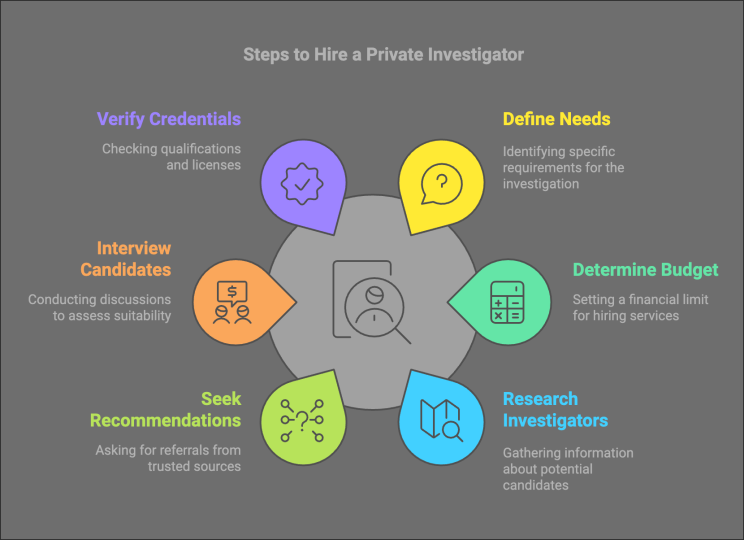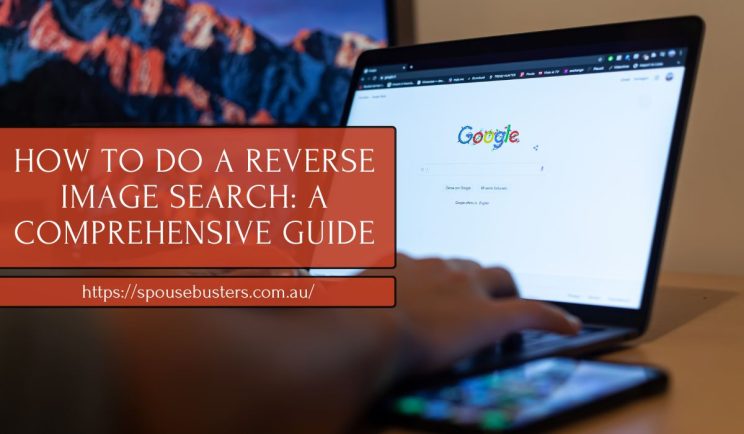Leaving a spouse is never easy, especially when you’re trying to protect your mental health in the process. Whether you’re facing emotional neglect, betrayal, or simply feel lost in your relationship, knowing how to leave your spouse and maintain your mental health is crucial. If you’re leaving your husband or planning to walk away from a long-term marriage, the emotional toll can be heavy—but with the right steps and support, you can reclaim your well-being and future.
Recognising When It’s Time to Leave

Signs Your Relationship May Be Hurting Your Mental Health
Before taking the step to leave, it’s important to assess your emotional state and the health of your relationship. Some common signs include:
- Persistent anxiety or depression around your partner
- Loss of self-worth or feeling constantly criticised
- Walking on eggshells to avoid conflict
- Emotional or verbal abuse
- Feeling isolated or unsupported
If you identify with several of these, it may be time to reevaluate your situation. For many, realising they are not valued in the relationship is the first step toward change. You can learn more in this article on the Signs You Are Not Valued in a Relationship.
Understanding Your Emotions and Fears
It’s normal to feel scared, confused, or guilty about wanting to leave. Common emotional blocks include:
- Fear of being alone
- Guilt about children or shared responsibilities
- Financial dependency
- Fear of retaliation
Recognising these fears doesn’t make them go away, but it gives you the power to face them with strategy and support.
Steps to Leave Your Spouse While Preserving Your Well-Being

Create a Safe and Practical Exit Plan
Leaving a spouse isn’t just emotional—it’s logistical. Consider the following steps:
- Secure your essentials: Documents, IDs, savings, and medications
- Find a safe place: Whether with a trusted friend, family, or a short-term rental
- Plan your timing: Choose a calm window to leave when confrontation is less likely
- Speak to a lawyer: Understand your rights before you leave
If infidelity is part of the situation, knowing How to Catch Your Boyfriend Cheating or Partner can help bring clarity and closure.
Seek Professional Help and Emotional Support
Your mental health matters. Reach out to:
- Therapists or counsellors specialising in relationship trauma
- Domestic violence helplines if you feel unsafe
- Friends or support networks who offer non-judgmental guidance
Sometimes, understanding What Is Cheating in a Relationship can validate your feelings and help you stand firm in your decision.
Legal and Financial Considerations
Consult with professionals about:
- Division of assets
- Custody arrangements
- Financial independence (budget, bank accounts, credit cards)
- Filing for divorce or separation
Planning ahead eases the mental burden and gives you confidence in your next steps.
Healing After Separation: Mental Health Comes First

Practising Self-Care and Rebuilding Confidence
Post-separation is when the healing begins. Focus on:
- Daily routines that bring stability
- Exercise and nutrition to improve mental health
- Journaling or meditation for emotional release
- Doing things you love or trying new hobbies
These habits help rebuild your identity and confidence after leaving.
Managing Loneliness and Emotional Triggers
It’s okay to miss someone you left. But remember:
- Emotional triggers will pass
- Joining support groups helps break the isolation
- Avoid contact during early separation
- Stay busy with meaningful tasks
For more on emotional recovery, read our guide on How to Get Over Infidelity in a Marriage.
You Are Not Alone: Where to Get Help in Australia
Support Groups and Mental Health Resources
In Australia, support is available through:
- Lifeline (13 11 14) for crisis counselling
- 1800 RESPECT for domestic violence and trauma
- Relationships Australia for counselling services
- Beyond Blue for mental health support
These organisations can walk you through your next steps when leaving your husband.
Private Investigators and Relationship Clarity
If you’re unsure whether your spouse is hiding something, hiring a private investigator may offer clarity. Tools like a Real-Time GPS Tracker to Catch Your Cheating Spouse can provide factual insights, helping you make informed decisions without relying solely on emotion.
Frequently Asked Questions (FAQs)
1. What is the best way to leave your spouse for mental health reasons?
Create a safe exit plan, seek therapy, and make legal/financial preparations before you go.
2. How do I emotionally detach from my husband?
Start setting boundaries, limit contact, and focus on self-care and healing routines.
3. Can leaving a toxic relationship improve your mental health?
Yes. Many people report reduced anxiety, depression, and better emotional clarity after leaving.
4. What are the first steps to leave my husband safely?
Document important items, secure finances, and speak with a lawyer and trusted support network.
5. Is it normal to feel guilty about leaving my spouse?
Yes, but guilt doesn’t mean your decision is wrong. It’s part of the emotional process of reclaiming your life.
Conclusion
Knowing how to leave your spouse and maintain your mental health isn’t about running away—it’s about choosing peace, dignity, and a healthier future. With the right support, strategy, and mindset, you can rebuild your life while protecting your emotional well-being. Remember, your mental health is not a luxury, it’s a necessity. You are not alone, and you deserve to be happy.


























































